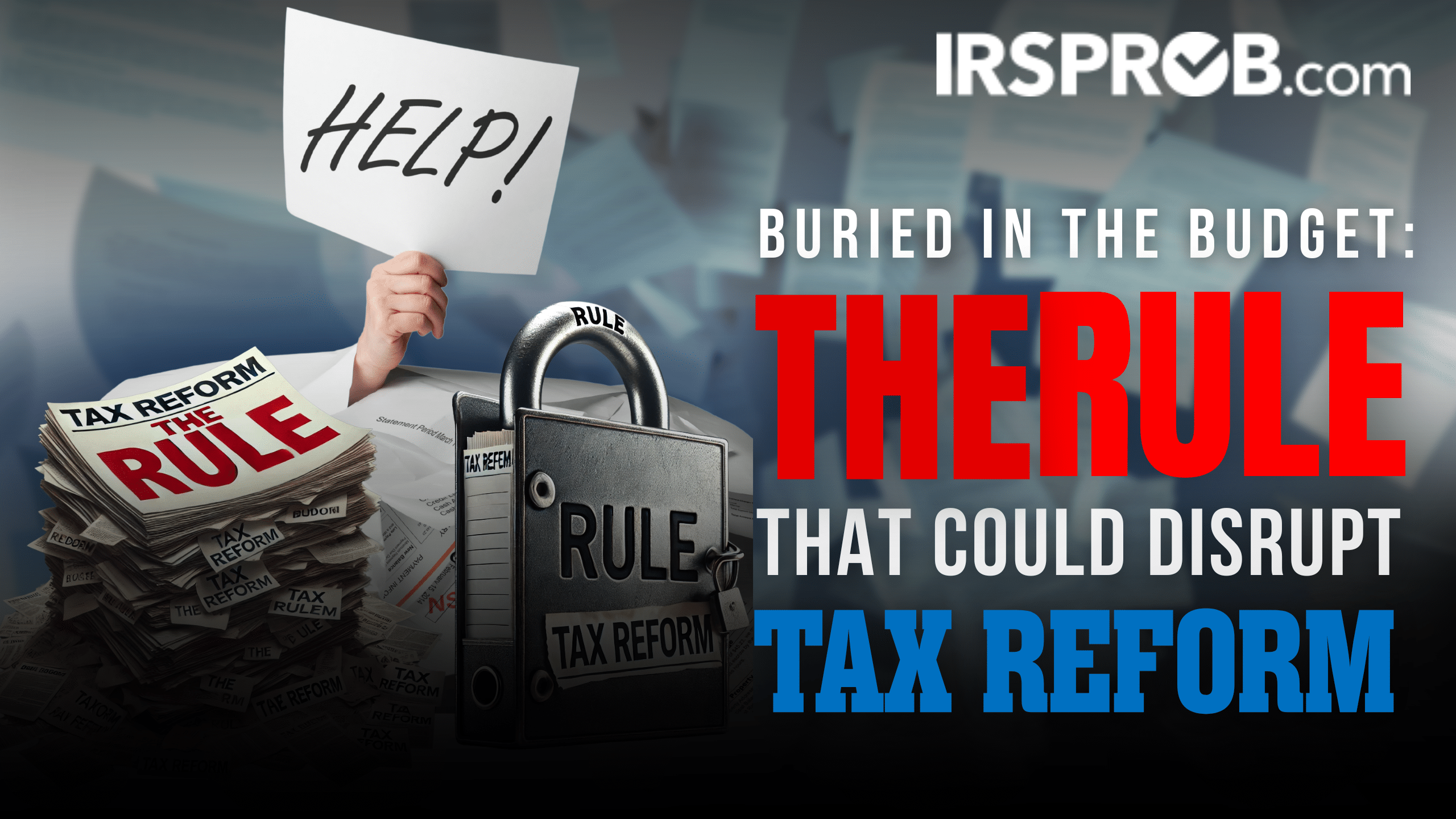When it comes to business vehicles, one common question for single-owner S corporations is: who should own the business car—the individual or the corporation? This decision can have significant financial and tax implications. Here, we break down the pros and cons of each option to help you make an informed choice.
Individual Ownership
Advantages:
- Better Insurance Rates: Individuals can often secure better rates on vehicle insurance compared to corporations. This can lead to substantial savings over time.
- Simplicity in Usage: When the vehicle is owned by the individual, it can be used for both personal and business purposes without the need for complex tracking.
Disadvantages:
- Complicated Reimbursements: If the individual owns the vehicle, the corporation must reimburse the owner for business use. This involves keeping detailed records of actual expenses, such as depreciation and Section 179 expensing, which can complicate the corporate tax returns.
- Tax Reporting: The individual must report reimbursements from the corporation as income, and this can add another layer of complexity to personal tax filings.
Corporate Ownership
Advantages:
- Full Expense Deduction: When the corporation owns the vehicle, it can deduct 100 percent of the actual expenses related to the vehicle. This includes fuel, maintenance, insurance, and depreciation.
- Streamlined Accounting: All vehicle expenses are handled within the corporation, simplifying the bookkeeping process and ensuring all costs are captured for corporate tax purposes.
Disadvantages:
- Personal Use Valuation: The corporation must account for the personal use of the vehicle by the owner. This generally involves using the actual cost of gas plus a lease value from an IRS table to determine the value of the personal use. This amount must either be reimbursed by the owner-employee or added to their W-2 as a taxable benefit.
- Administrative Burden: Tracking the personal use of the vehicle and ensuring accurate reporting can be administratively burdensome for the corporation.
Key Considerations
- Usage Patterns: Consider how much the vehicle will be used for personal versus business purposes. If there is significant personal use, individual ownership may be simpler.
- Insurance Costs: Compare insurance rates for both individual and corporate ownership to determine potential savings.
- Tax Impact: Evaluate the tax implications of each option, including the impact on personal and corporate tax returns.
- Record-Keeping: Assess your willingness and ability to maintain detailed records of vehicle usage and expenses.
Conclusion
Deciding whether a business vehicle should be owned by the individual or the corporation depends on various factors, including financial benefits, tax implications, and administrative ease. Individual ownership might offer better insurance rates but comes with complex reimbursements and tax reporting. Corporate ownership allows for full expense deductions but requires meticulous tracking of personal use and could increase administrative work. Carefully consider these factors to determine the best approach for your situation.









